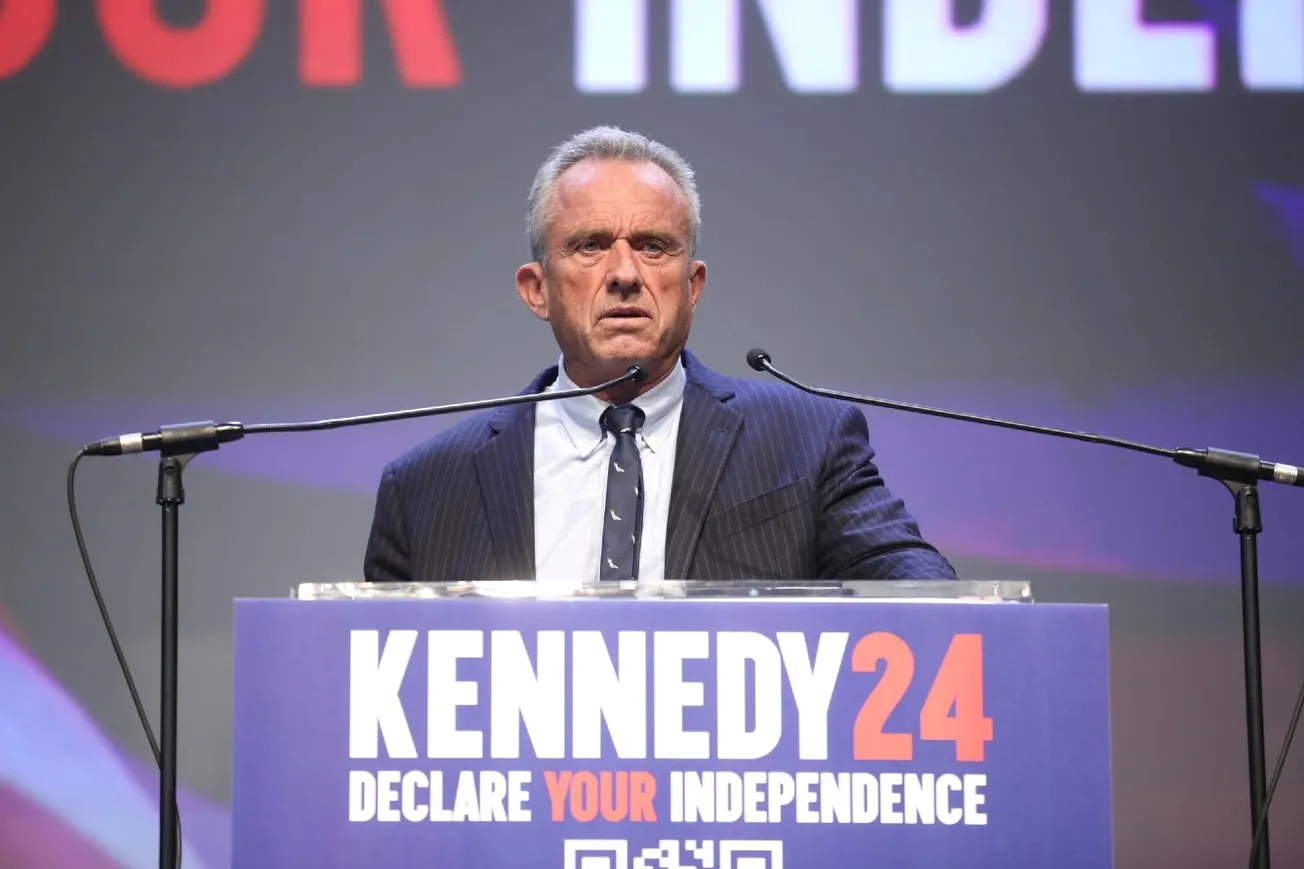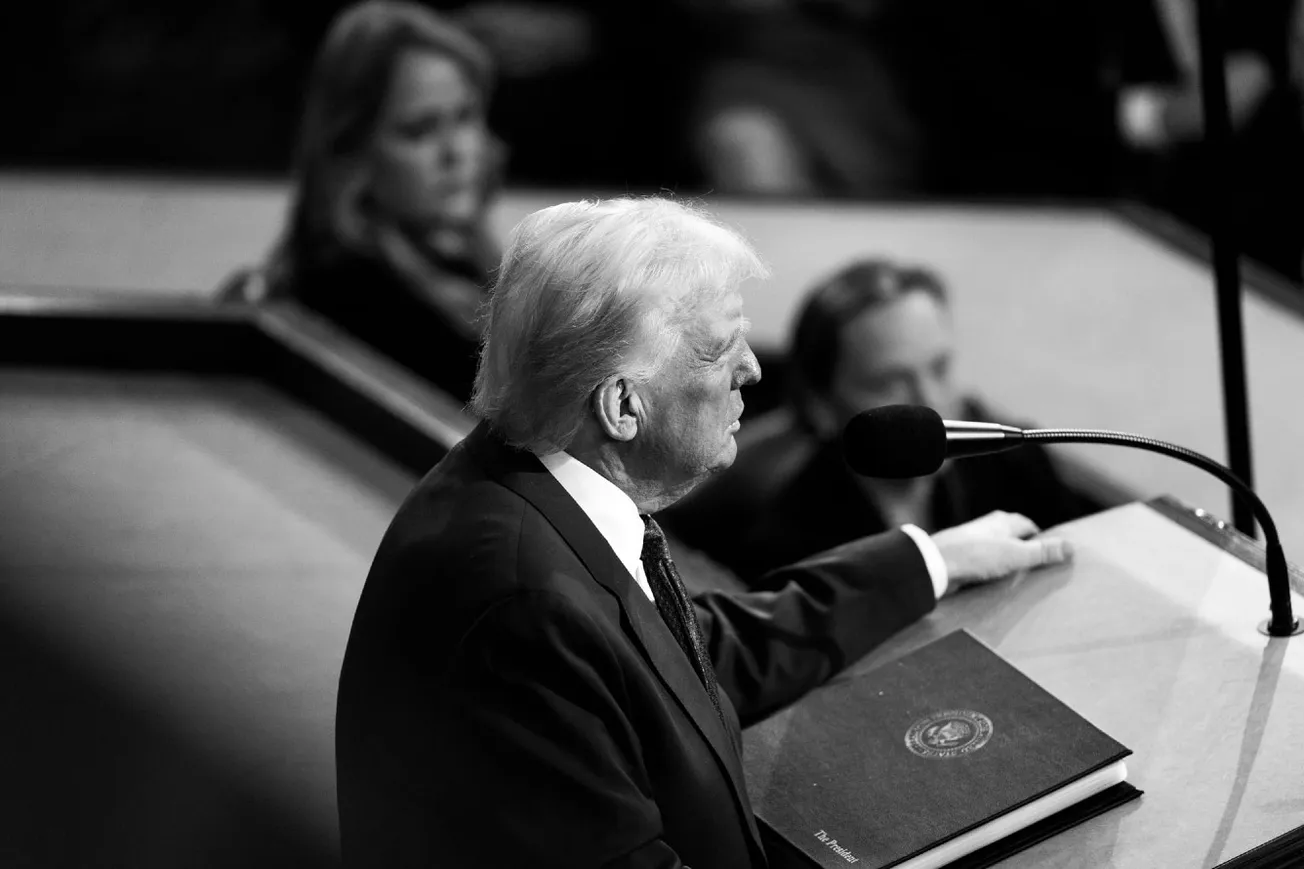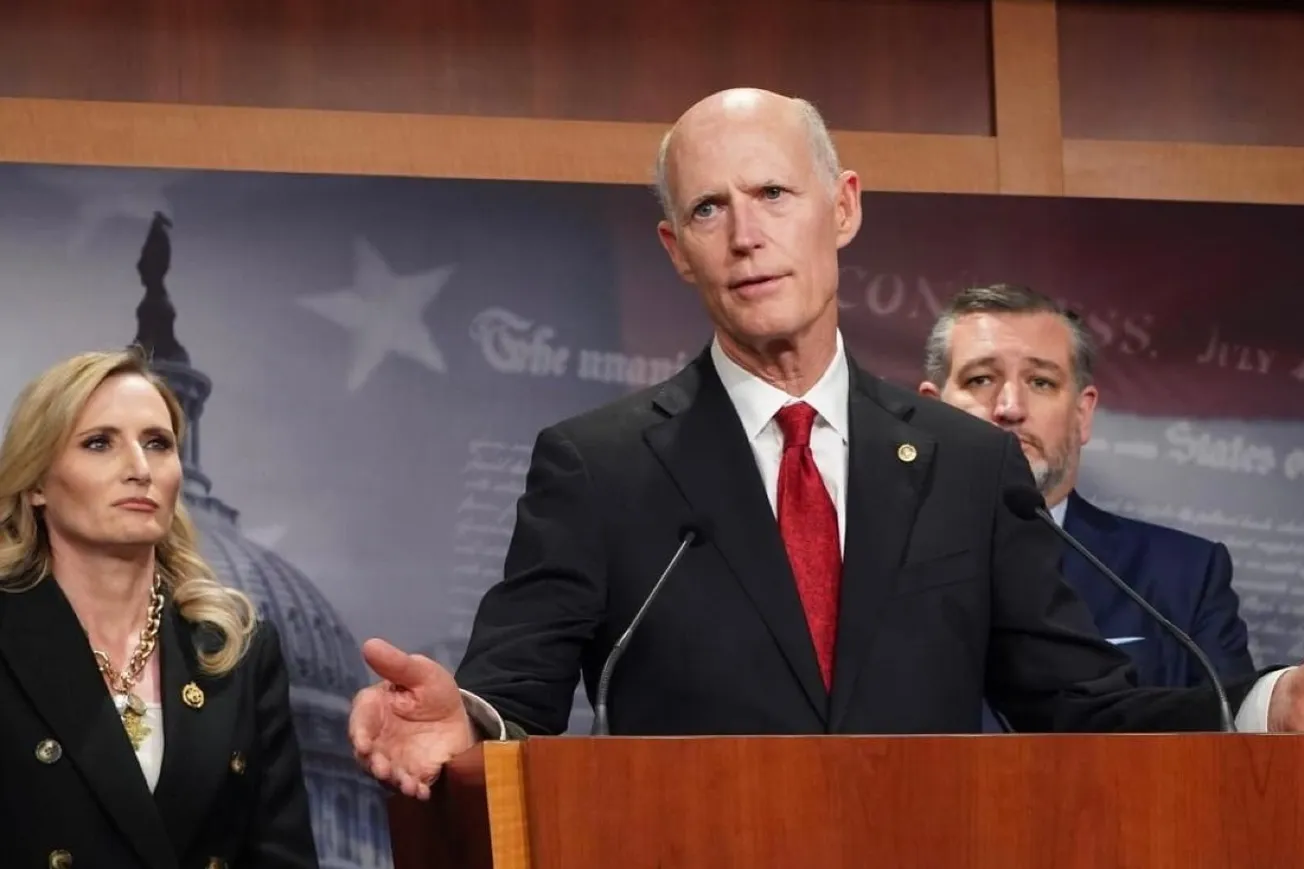By Michael Barone via The Daily Signal | February 10, 2025
As people tuned in for Robert F. Kennedy Jr.’s recent Senate committee confirmation hearings, many heard his voice and immediately tuned out. Yet, listeners’ less-than-stellar auditory experience may not necessarily be a bad thing.
RFK Jr. has spoken publicly about his voice, which is the result of a rare neurological condition called spasmodic dysphonia. In an interview last year, he told the Los Angeles Times that he feels “sorry for the people who have to listen” to him.
Certainly no one can argue that his voice was made for radio or TV—a fact that sets him apart from most of his political peers. RFK Jr.’s grating voice stands in stark contrast to the mellifluous tones of politicians everywhere.
That’s not surprising in a political system that rewards public perception over intelligence and showmanship over rational deliberation.
Studies suggest that politicians’ voice characteristics play a role in determining election results: Candidates whose voices better convey leadership are more likely to be elected. Physical appearance also plays a role, too, of course, as studies suggest strong links between candidates’ physical features and their election chances.
It’s undoubtedly human nature to select those with more attractive voices or appearances as leaders. Just look at the biblical account in 1 Samuel, in which Saul’s height and features play a large role in his selection as Israel’s king.
Unfortunately, that didn’t work out very well for Israel—and it may not be the best practice for us, either.
Since the first televised debate in the John F. Kennedy-Richard Nixon presidential election of 1960, being telegenic has increasingly rivaled policy substance in terms of influence on voter decisions.
But an ability to win over the cameras—through voice, appearance, or media savviness—doesn’t seem to be highly correlated with an ability to govern well.
Abraham Lincoln was one of America’s greatest presidents, but his “shrill” voice and ungainly appearance certainly would not have appeared presidential on TV cameras or in social media clips. In today’s political environment, he might never have been elected.
That’s anecdotal and speculative, to be sure. But it suggests that in our natural tendency to judge people on how they look and sound on camera, we may be using selection criteria that have little to do with how capable a leader will be. That is, we may be unwittingly weeding out those who are best-skilled to lead—all because they lack aptitude in front of a camera.
Yet our inclination toward appearance doesn’t just eliminate some who may be well qualified; it also encourages others to act in a way that’s detrimental to good governance.
Because of the importance of media success, elected officials have increasingly sought to tailor sound bites and video clips by using snappy, concise language to generate viral moments and win over voters.
Those clips don’t just decrease attention span. In their attempts to go viral, politicians neglect the substance that should support their policies.
For example, one study found that as sound bites decreased in length, speakers were less likely to provide justification for their opinions. In other words, they were less likely to support their arguments via reason—a fact that demonstrates more concern with media strategy than with well-founded policy recommendations.
Even staff allocations have shifted, with an increasing percentage of congressional staffers working in positions pertaining to media and communications rather than policy.
As more lawmakers have shifted their attention to media, Congress’ overall productivity has declined—a fact in part attributable to less time spent on developing legislation and more time spent on other tasks (a list of activities that may include increasing media face time).
Unfortunately, some studies suggest that more attractive politicians are less likely to engage in the labor-intensive work of governing and more likely to spend their time on media hits.
In other words, the very heuristic we increasingly use to assess leadership ability (attractiveness) may in fact be an indicator that someone will put less time and effort into governing.
Obviously, this doesn’t seem optimal for a society that, as Publius advised, should be governed by cool, considered deliberation.
We don’t need more politicians chasing the next viral clip. We need them dedicated to contemplating and pursuing good policy. But that requires evaluating politicians on the merits of their positions on the issues, not on their physical or vocal allure.
Given RFK Jr.’s voice, we can assume he won’t be the highlight of many sound bites or YouTube shorts if he’s confirmed by the Senate to head the Department of Health and Human Services. Instead, he will have to depend on the quality (or lack thereof) of his ideas—something more of our politicians should take to heart.
Michael Barone is a senior political analyst for the Washington Examiner, resident fellow at the American Enterprise Institute and longtime co-author of The Almanac of American Politics.
Original article link









